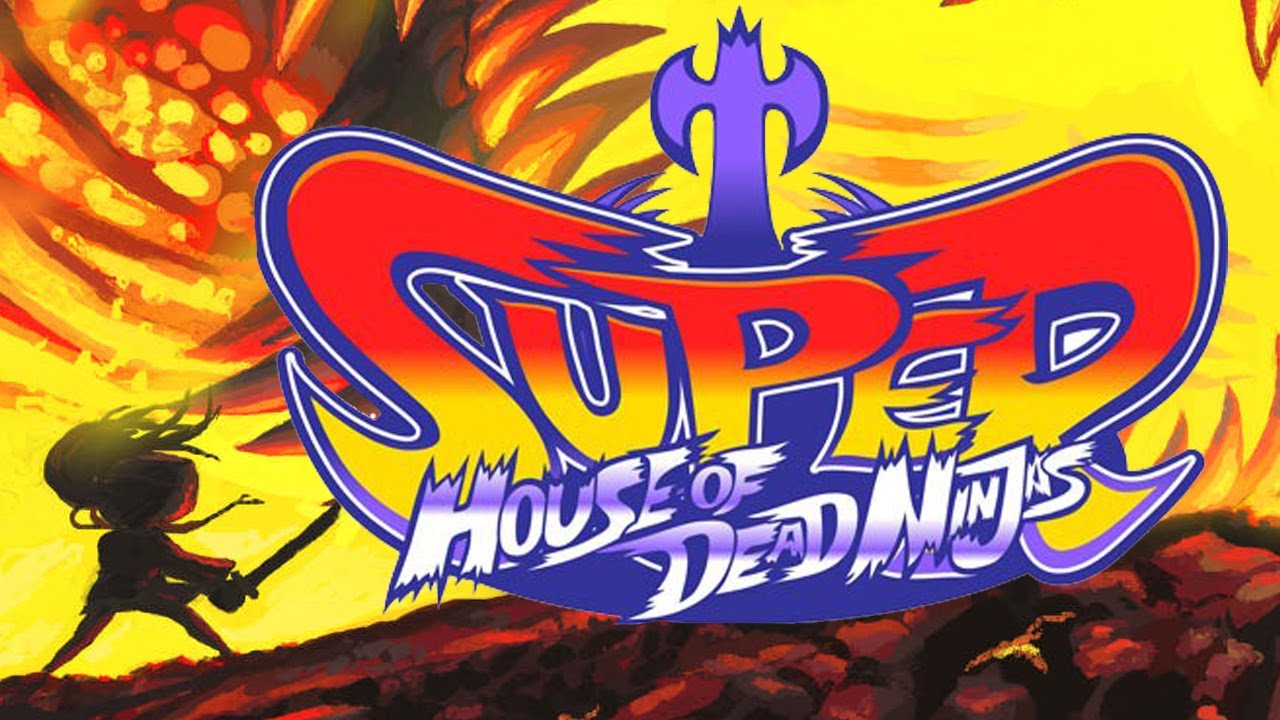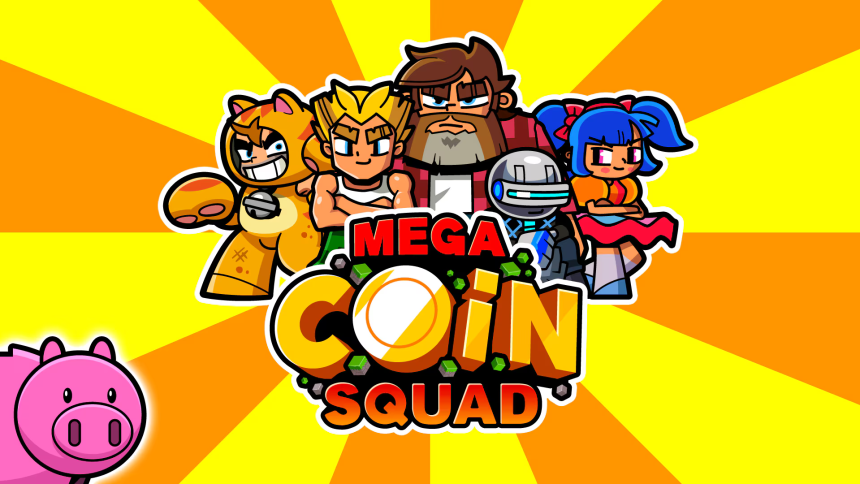Adult Swim Games recently announced the delisting of several indie titles from Steam, citing their inability to continue as publisher due to changes at Warner Bros. Discovery. Among the affected games are Mega Coin Squad, Super House of Dead Ninjas, Traverser, and Zenzizenzic.
The decision to shut down these games comes as Adult Swim Games relinquishes publishing responsibilities following the return of ownership for some titles to their original developers.
In a statement posted across the Steam pages of the affected games, Adult Swim explained that they are no longer able to sustain publishing support due to organizational changes within their parent company. They clarified that the developers are currently unable to assume publishing duties themselves, leading to the inevitable shutdown of these titles by July 15th, 2024.
Regarding Super House of Dead Ninjas, originally developed by Bitmap Bureau Ltd. under the name Megadev, the situation appears complex. Despite expressing willingness to take over publishing responsibilities and keep the game available, Bitmap Bureau claims they did not receive a response from Adult Swim Games when they reached out.

They acknowledged being aware of other potential leads but cited being occupied with other matters as a reason for not pursuing them promptly.
The announcement reflects broader challenges in indie game publishing and ownership rights within the industry. It highlights the impact of corporate restructuring on smaller developers who rely on publishers for distribution and support.
While some developers, such as those behind Duck Game and Rise & Shine, have reportedly regained ownership of their titles, Bitmap Bureau’s experience with Super House of Dead Ninjas underscores the uncertainty and communication gaps that can arise in such transitions.
Fans of these indie games have expressed disappointment and concern over their impending delisting, lamenting the potential loss of access to beloved titles. The situation also raises questions about the future availability and preservation of games that are no longer supported by their original publishers.
As the gaming community continues to evolve, such instances serve as reminders of the complexities involved in maintaining and accessing digital content in an ever-changing landscape.







